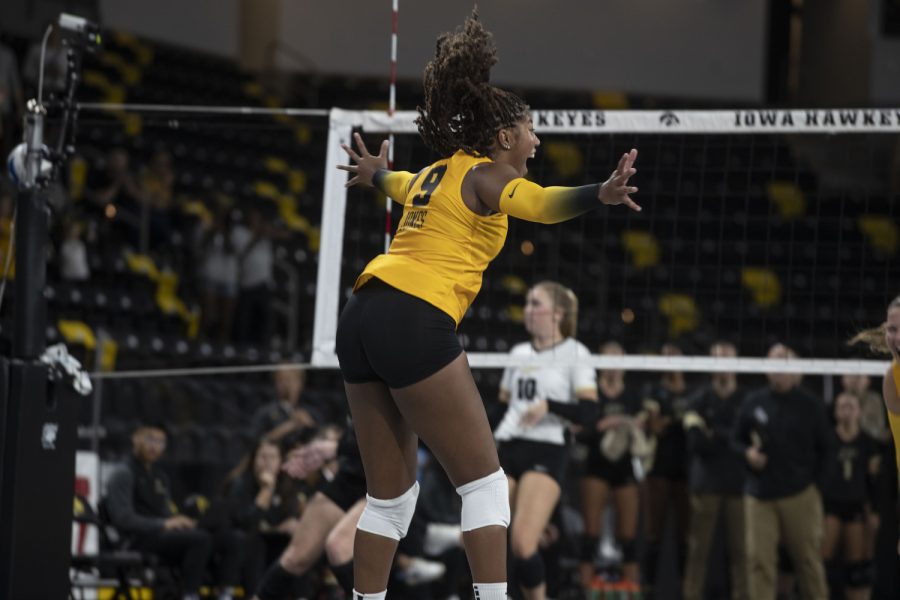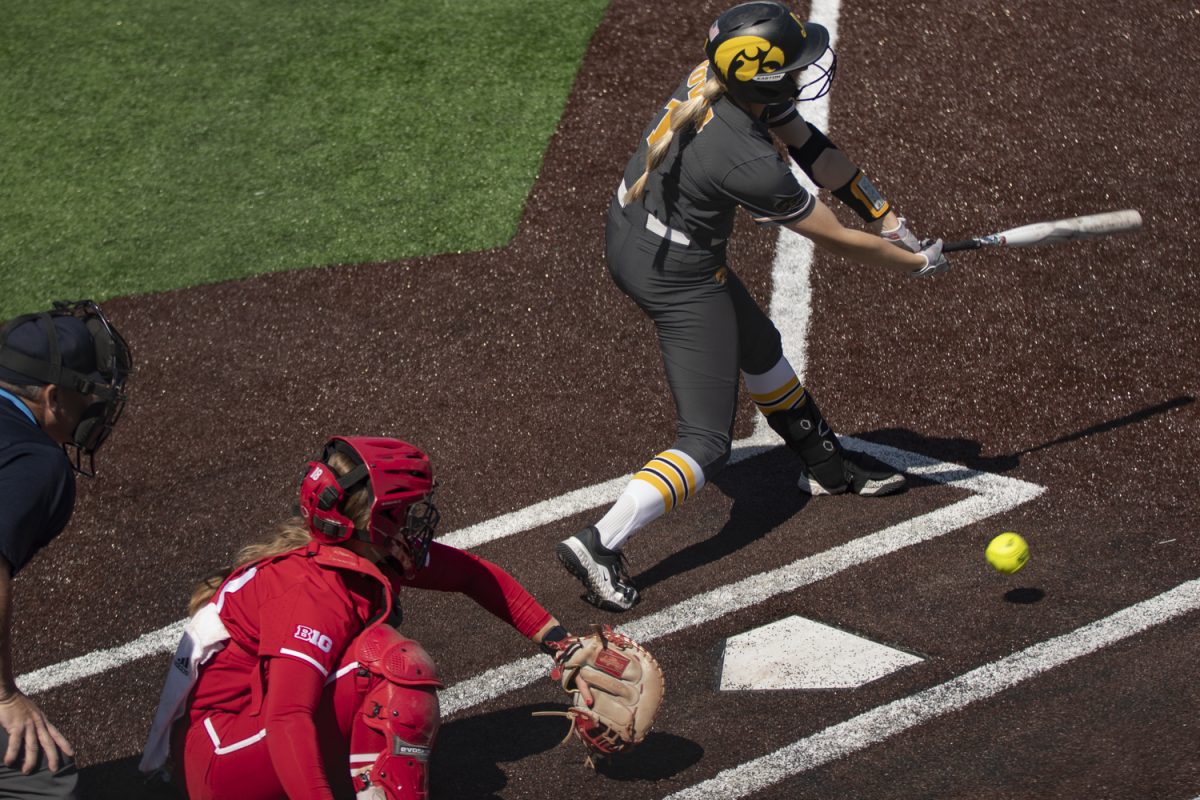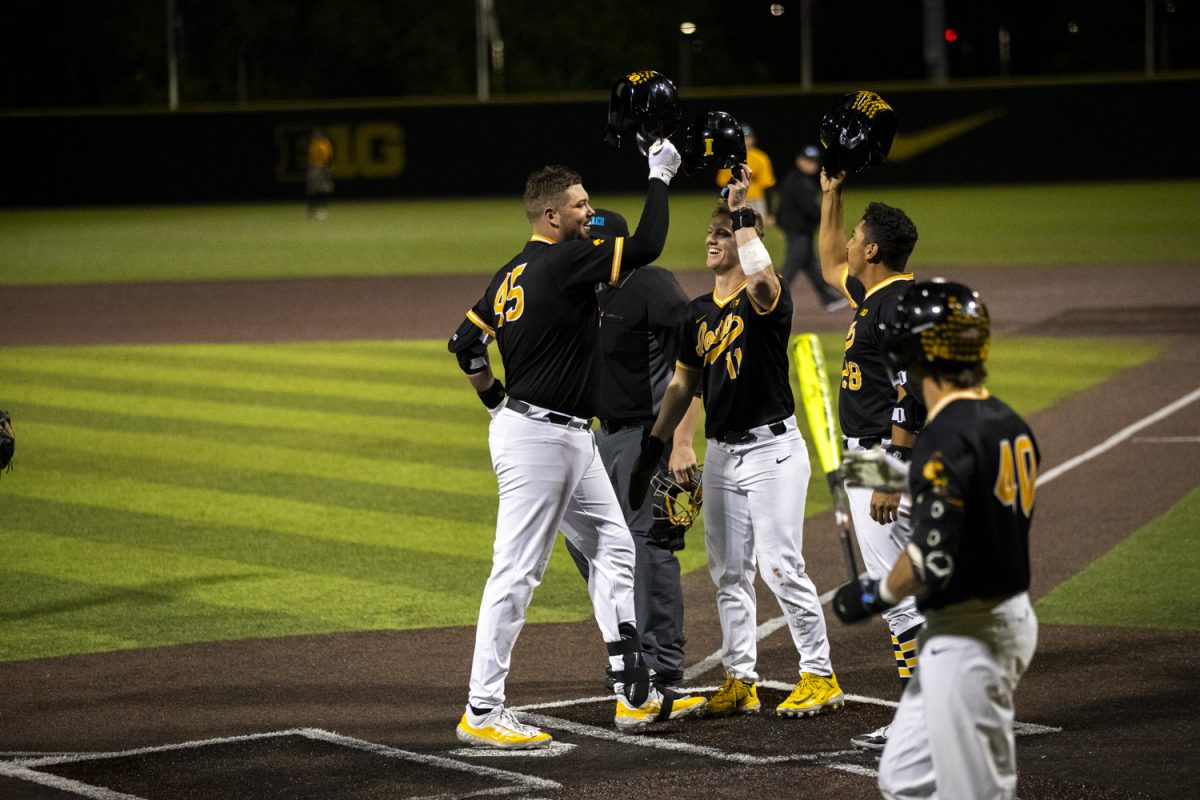YES
If you had told me on the evening of my high-school graduation I could either go to college and attempt to complete a four-year degree or make millions playing a sport for 10 years, it wouldn’t matter if that sport was semi-pro greased hobo wrangling. I would have done it in a heartbeat.
Problem is, I was 18 years old then.
The world of sports and entertainment are littered with the bodies of high-school kids who were supposed to be massive stars. Kwame Brown, Todd Van Poppel, Screech. The list of young busts is infinitely longer than the group of young prodigies turned veteran stars.
Specific to basketball is the one-and-done scenario. The NBA made the rule that an athlete must be one year removed from high school competition to be eligible for the NBA draft. It makes sense on paper, but it’s not enough.
The rule creates a scenario in which a stud basketball prospect comes to a school, plays one season, and then ditches class until the draft. It makes a mockery of the term “student-athlete” and forces coaches to rebuild their teams from scratch each season.
Not to mention it creates a recipe for cheating. Coaches desperately try to snatch up one-year commitments from the country’s top prospects, kids who see the college experience as a stepping stone, not a training ground. It’s a very business-like agreement. Why wouldn’t they think they should receive some monetary compensation?
The scenario is even more dangerous in baseball, where countless minor-league prospects wash out in Double-A Little Rock, missing out on the chance for a college education. They trade a valuable business degree for a Kernels’ jersey.
The NBA and the MLB need to come together on this one. They need to set a two-year space between the pro ranks and high school. Allow their players to grow up, not just physically, but mentally. Make them responsible for going to college class for more than a year. Let college athletics, especially NCAA baseball, regain significance.
Most importantly, kill the lesson that is being fed young American athletes, that college is some how a roadblock to success.
— by Sean Morgan
NO
It is one of the most glaring double-standards in the professional sports realm: minimum age requirements.
Athletes wishing to enter the NBA must be 19 years old before entering its draft, while the NFL requires athletes to play in college for three years. Then you have the MLB and NHL, both of which have no age requirements at all.
Restricting athletes from pursuing their dreams and potentially making millions of dollars just because they are not old enough is wrong.
If athletes can perform at the professional level, no matter what age, they deserve the right to do so. Until 2006, basketball players could enter the NBA draft at the age of 18 — the age of almost any high-school graduate — and the system was fine. LeBron James, Kobe Bryant, Dwight Howard — the stars of this year’s NBA playoffs — all entered out of high school.
I will never argue against the value of a college education, but it has to be something people want to earn on their own. Forcing athletes to attend college for a year just because that is what has been deemed necessary to reach the next level, is a slap in the face to the educational system.
Forcing athletes to reach a certain age also runs the risk of those athletes suffering a career-ending injury before they can earn a professional contract.
Recently, a 16-year-old baseball player from Las Vegas named Bryce Harper announced he is dropping out of high school to pursue a career in the MLB. He plans to earn a GED and become eligible for the 2010 MLB draft. Though this may be frowned upon by many, it is his right, and it is perfectly legal. If he has the skills, why should he wait?
Restricting athletes from going pro is like telling an eighth-grader who has developed advanced medical technology that he has to wait until the age of 20 to reveal it to the world. That would obviously never happen, so why does it happen in professional sports?
— by Clark Cahill






